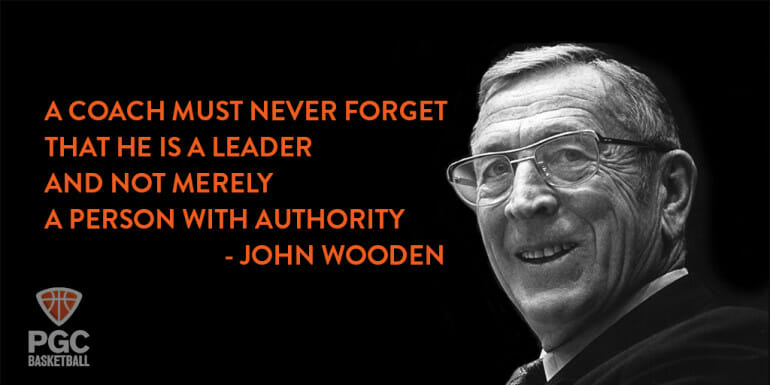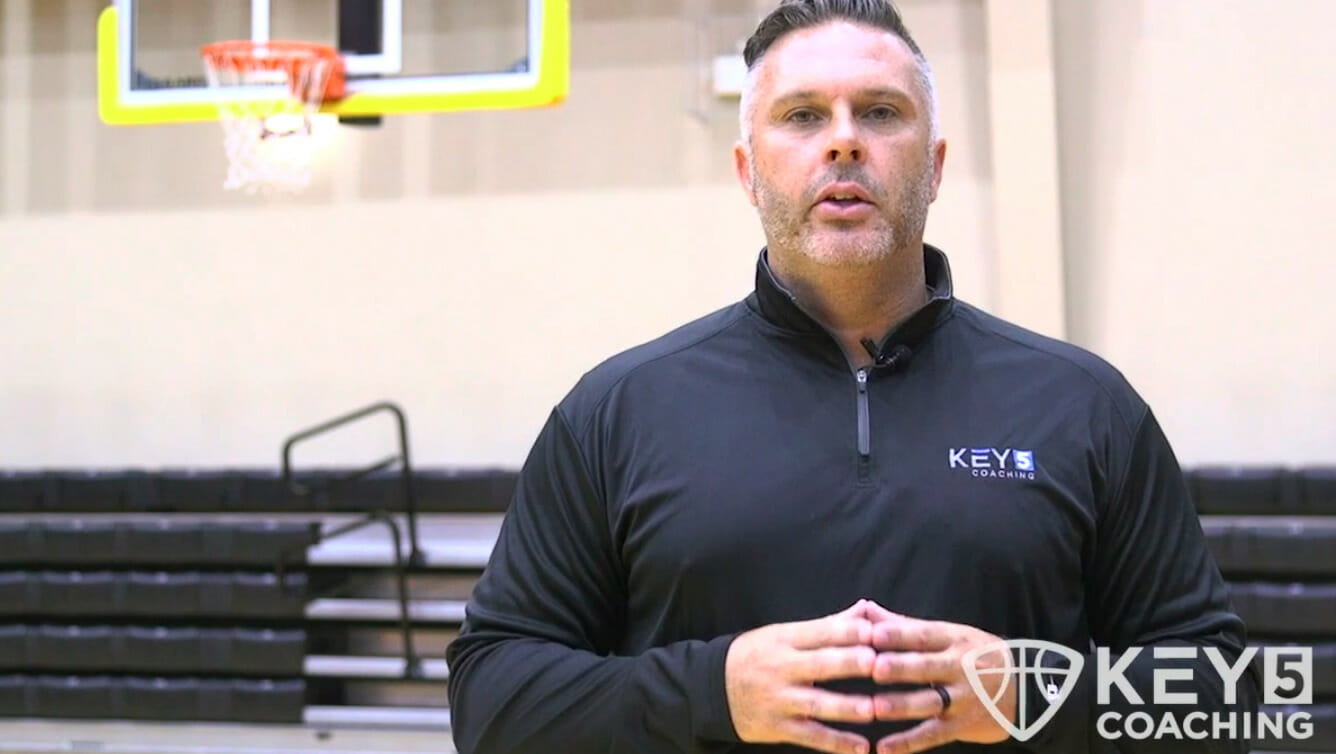Quit Being So Stinking Hard to Play For

Do players like playing for you, or do they dread coming to practice every day?
Are you even aware of how they feel about you?
Are you pursuing a career where you will one day be a character in their athletic horror stories or the hero that changed their lives?
I am sure you have heard the quote from Billy Graham before, “One coach will impact more young people in a year than the average person does in a lifetime.” If we assume that this statement is even partially true then you, as a coach, have been empowered with one amazing task and one amazing burden.
First, I am going to make an assumption. I am going to assume you are coaching because you are passionate about your sport and are even more passionate about changing the lives of young people.
Now, I will acknowledge that COACHING IS HARD. You deal with way too many situations that you should not have to deal with.
You should not have to deal with crazy parents that only see what is in the best interest of their child.
You should not have to deal with administrators that hold you accountable for circumstances that you have no control over.
You definitely should not have to battle other coaches that are instilling negative thoughts and habits into young people. Unfortunately, these issues are way too common.
Every summer at PGC we tell our athletes that. “Desiring fair treatment is the mindset of the mediocre.” Think on this, as I delve into the three main reasons why coaches become so stinking hard to play for.
At the beginning of each year, before there are any wins or losses, I believe most coaches focus on how to love, empower, teach, inspire, and bring young people together for one common goal. Then pre-season games start and the vicious cycle begins. Other people start keeping score and keeping records. This starts to shift our focus and our commitment to love our players and quickly turns into a lust for a victory.
Far too often, myself included, our identity becomes wrapped up into our record. Our focus quickly shifts from the goodness we intended to bring and instead toward the awareness of what everyone else will think. This immediately turns our communication with our players into high-pressure demands and slowly turns them off to us as coaches.
READ MORE: BALANCING FAMILY AND COACHING
you don’t choose to empower
We fall victim to the power-empower-power cycle. Somebody comes along and hires us as a coach. We are instantly given a position of power. In order to build young people into a cohesive team, we take our power and develop ways to give it away and empower the players to be leaders. Giving away our power is one of the greatest gifts we can give as a coach. Shortly after we give it away, the pressure comes back and we revert back to using our power instead of giving it away. Players now view us as the enemy rather than the ally.
you don’t choose to guide
Finally, when the pressure returns once again, we stop directing and begin demanding. The best coaches I’ve ever been around have the highest level of accountability. The ability to teach and inspire players to reach for that highest level of accountability is what separates the good coaches from the great ones.
If players can discover how to pursue greatness on their own, it will become a lifelong virtue. If they do it just because they have to, it will very likely only last for the season, if even that. Our ability to direct and guide often turns into demands when the pressure rises, and we once again become their boss rather than their hero.
In conclusion, it is important for us all to constantly take inventory on our approach to coaching. Does our “why” match up with our “what”? Is the coach we always dreamed of being actually coming to life, or has the pressure and identity crisis taken over?
The bad news is this may always be a struggle. The good news is, if we are aware, are willing to evaluate, and be humble enough to course-redirect, we can be in constant pursuit of being the coach that players will one day reflect on as a hero.
Related Articles
Coach Edition: Do Your Players Have a Voice?
Key5’s Lisa O’Meara shares the importance of intentionally developing player leadership. And in the process, encouraging players to have a voice and lead more than by example
Coach Edition: Fast Track
TJ Rosene unpacks two questions to fast track your journey to becoming a Master Teacher. Find out how these two questions can impact you and your players.
The Beauty of the Game | The Leadership Podcast
Mano joins Jan Rutherford & Jim Vaselopulos, on The Leadership Podcast to talk about his sports and business experiences with stories and advice on thinking like a coach, communicating, and making a difference in people’s lives.
About PGC
PGC Basketball provides intense, no-nonsense basketball training for players and coaches. Our basketball camps are designed to teach players of all positions to play smart basketball, be coaches on the court, and be leaders in practices, games and in everyday life.
We combine our unique PGC culture with a variety of teaching methods and learning environments to maximize the learning potential of those that attend our sessions. In addition to spending 6-7 hours on the court each day, lessons will be reinforced through classroom sessions and video analysis.
Our goal at PGC is to empower you with the tools to fulfill your basketball dreams, while also assisting you in experiencing the joy of the journey.
To learn more about PGC Basketball, including additional basketball training tips and videos, visit our YouTube Channel or find us on Facebook, Instagram, and Twitter.













Share This Post